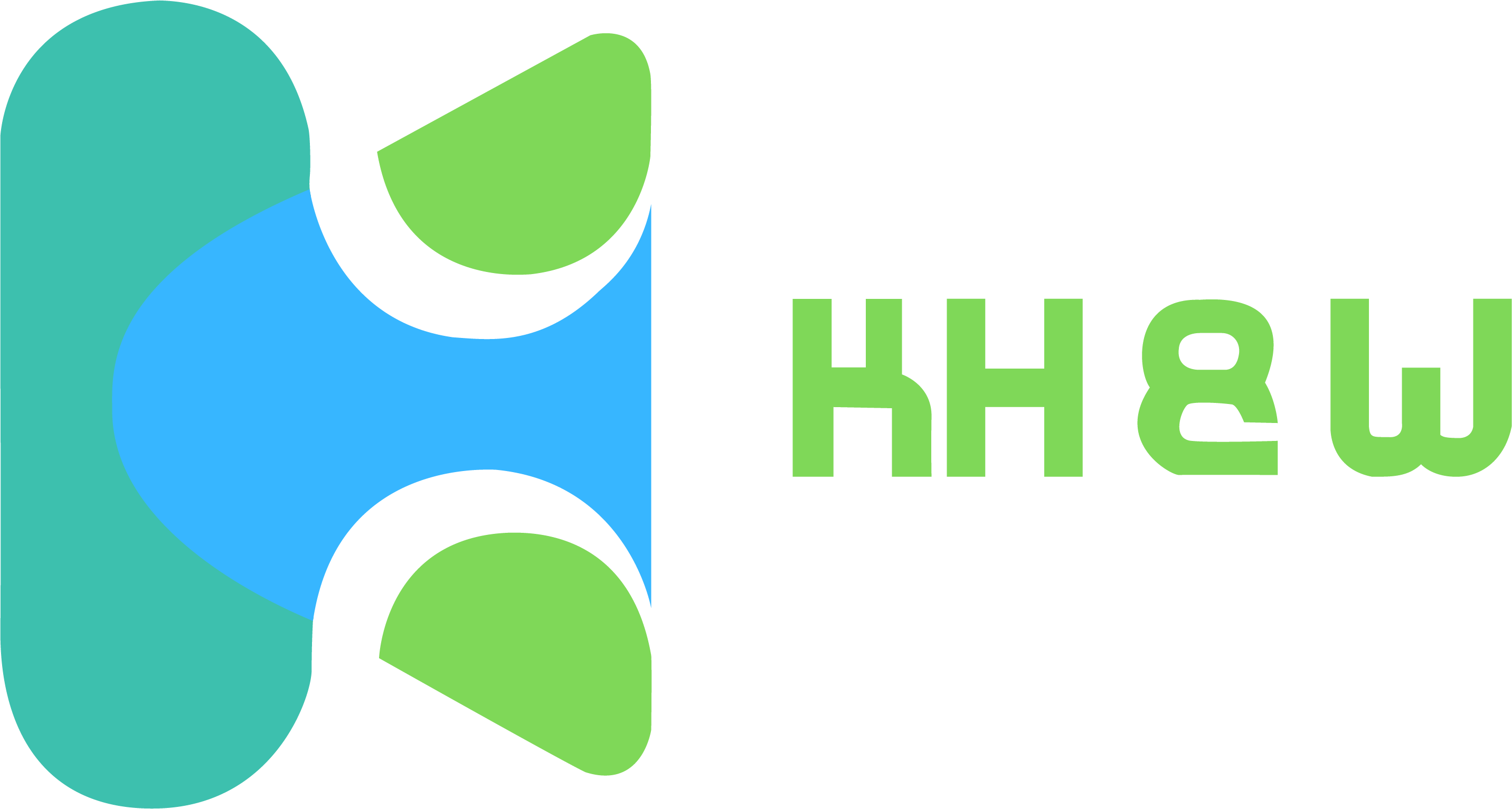Khow How & Who Working Methodology
Consulting typically involves several distinct phases, each with its own set of tasks and deliverables. Here’s a breakdown of these phases:
1. *Entry or Contracting Phase:*
– *Tasks:*
– Initial meetings and discussions with the client.
– Identification of client needs and problems.
– Agreement on objectives and scope of work.
– *Deliverables:*
– Proposal or contract outlining the scope, objectives, responsibilities, timeline, and fees.
2. *Discovery or Assessment Phase:*
– *Tasks:*
– Data gathering (interviews, surveys, document review).
– Initial analysis to understand the current state and issues.
– Stakeholder meetings to gather insights and perspectives.
– *Deliverables:*
– Assessment report detailing findings, challenges, and initial insights.
– Presentation of findings to the client.
3. *Strategy or Planning Phase:*
– *Tasks:*
– In-depth analysis of the problem and identification of potential solutions.
– Development of strategic options and alternatives.
– Collaboration with the client to refine and select strategies.
– *Deliverables:*
– Strategic plan outlining recommended actions, resources required, and potential impacts.
– Implementation roadmap with timelines and milestones.
4. *Implementation Phase:*
– *Tasks:*
– Support the execution of the agreed-upon strategies.
– Monitor progress and make adjustments as needed.
– Provide training, resources, and tools necessary for implementation.
– *Deliverables:*
– Regular progress reports and updates.
– Documentation of procedures and systems implemented.
5. *Evaluation Phase:*
– *Tasks:*
– Assess the outcomes of the project against the objectives.
– Identify any areas for further improvement or adjustment.
– Gather feedback from the client and other stakeholders.
– *Deliverables:*
– Final report summarizing the project outcomes, the strategy’s effectiveness, and future recommendations.
– Lessons learned document to inform future projects.
6. *Closure or Exit Phase:*
– *Tasks:*
– Final meetings to ensure all contractual obligations have been met.
– Handing over the project to the client, including all documents and materials.
– Discussion of potential future needs and projects.
– *Deliverables:*
– Final invoice and closing documents.
– Post-engagement survey or feedback form.
Each consulting engagement might not strictly follow all these phases or include additional steps depending on the project’s specific nature and the client’s needs. Customizing the approach to fit the client’s unique situation is a key part of effective consulting.
Creating a standardized methodology and operating procedures for diverse experts across different fields is complex. Here’s a high-level framework you could consider:
1. *Define Common Objectives and Principles:*
– Establish a clear goal for all fields, ensuring it aligns with the organization’s broader mission.
– Set down core principles that every field’s methodology should adhere to, like ethical standards, quality benchmarks, and communication protocols.
2. *Develop a Standardized Process Framework:*
– Create a uniform process framework that each field can customize. This could include assessment, planning, implementation, review, and iteration stages.
– Ensure the framework is flexible enough to accommodate different fields’ unique needs and workflows.
3. *Implement a Centralized Management System:*
– Use a centralized project management system to track progress, store documents, and facilitate communication across all fields.
– Ensure the system is accessible and provides tools for scheduling, reporting, and collaboration.
4. *Establish Clear Roles and Responsibilities:*
– Define clear roles and responsibilities for team members within each field, ensuring they align with the overarching objectives and principles.
– Encourage cross-functional teams to foster innovation and ensure a diverse range of expertise is applied to problem-solving.
5. *Provide Specialized Training and Resources:*
– Offer training programs to familiarize all experts with the standard methodology, focusing on customizing and applying it to their specific field.
– Provide resources and support for ongoing learning and adaptation of the methodology.
6. *Ensure Continuous Feedback and Improvement:*
– Implement regular feedback loops where experts from different fields can share insights, challenges, and successes.
– Use this feedback to refine and improve the standard methodology, ensuring it remains adequate and relevant.
7. *Measure and Evaluate:*
– Define key performance indicators (KPIs) for each field that align with the overall objectives.
– Regularly measure performance against these KPIs and adjust strategies and processes as needed.
8. *Foster a Culture of Collaboration:*
– Encourage open communication and collaboration among all fields to promote knowledge sharing and innovation.
– Organize regular meetings or workshops where team members from different fields can discuss challenges and brainstorm solutions.
By following this framework, you can ensure that while each field retains its specialized focus and expertise, all work cohesively towards a common goal with a shared understanding of expectations and processes. It’s important to remember that such a methodology should be dynamic, adapting to new insights and changes in the organizational environment.



